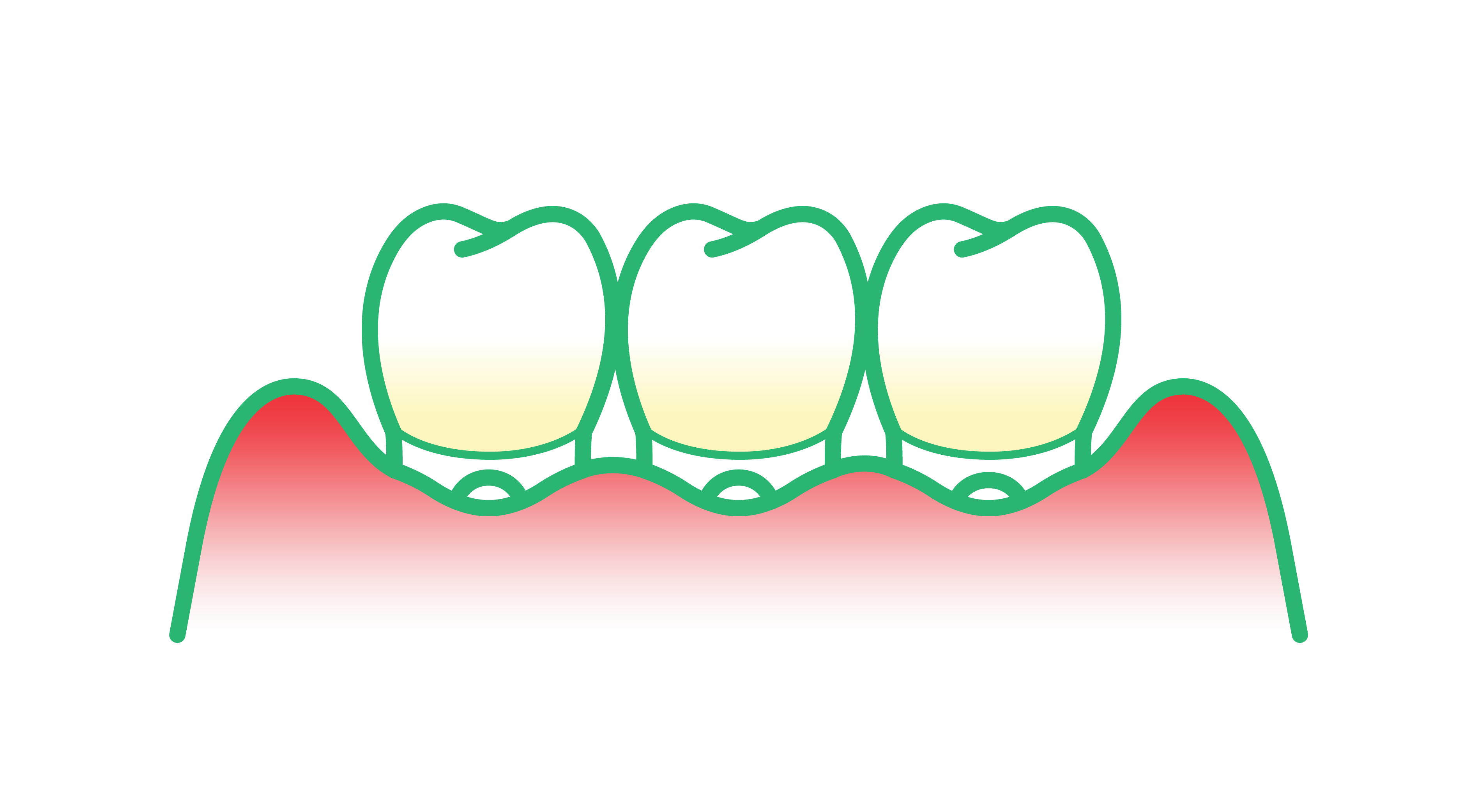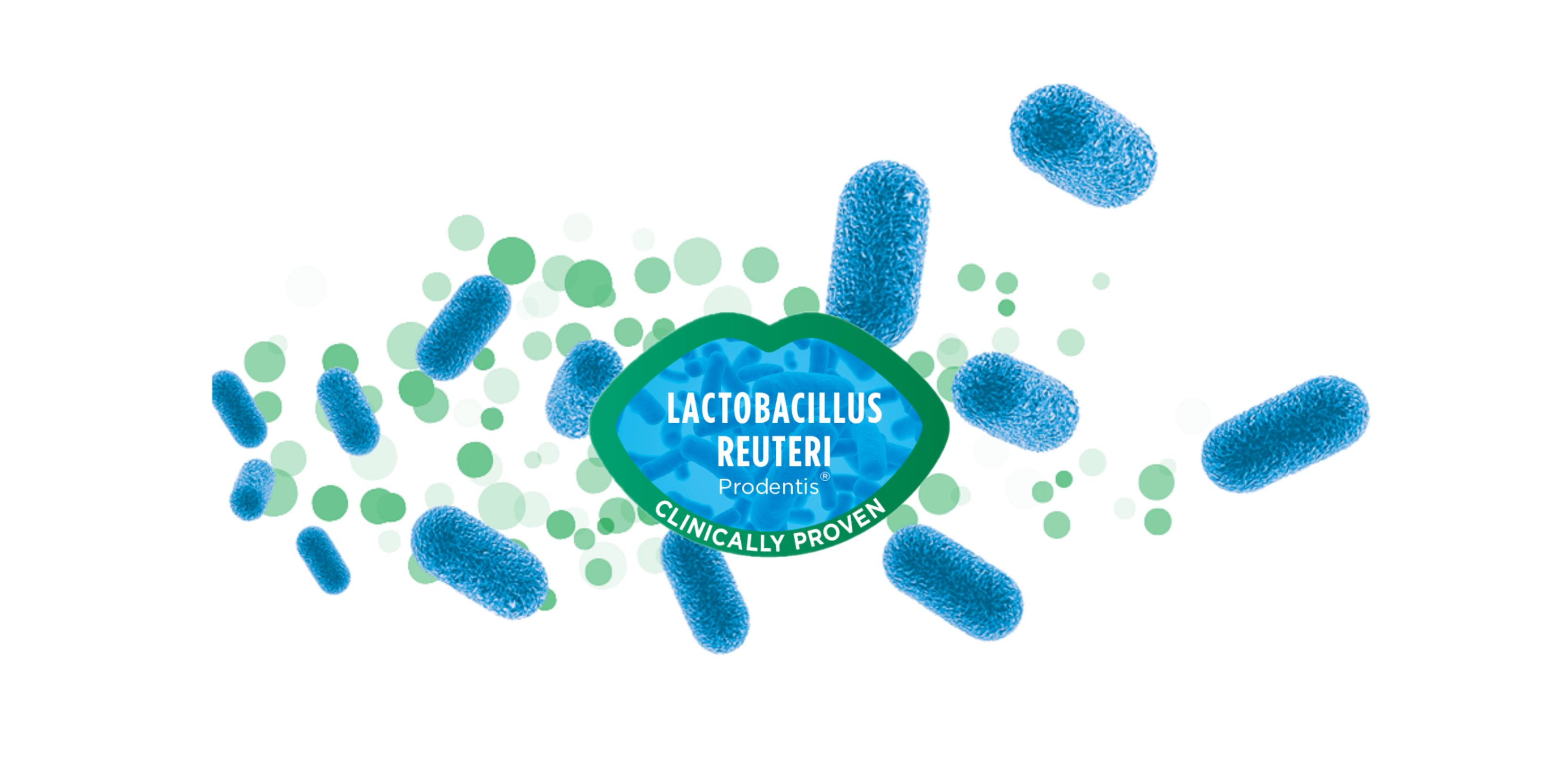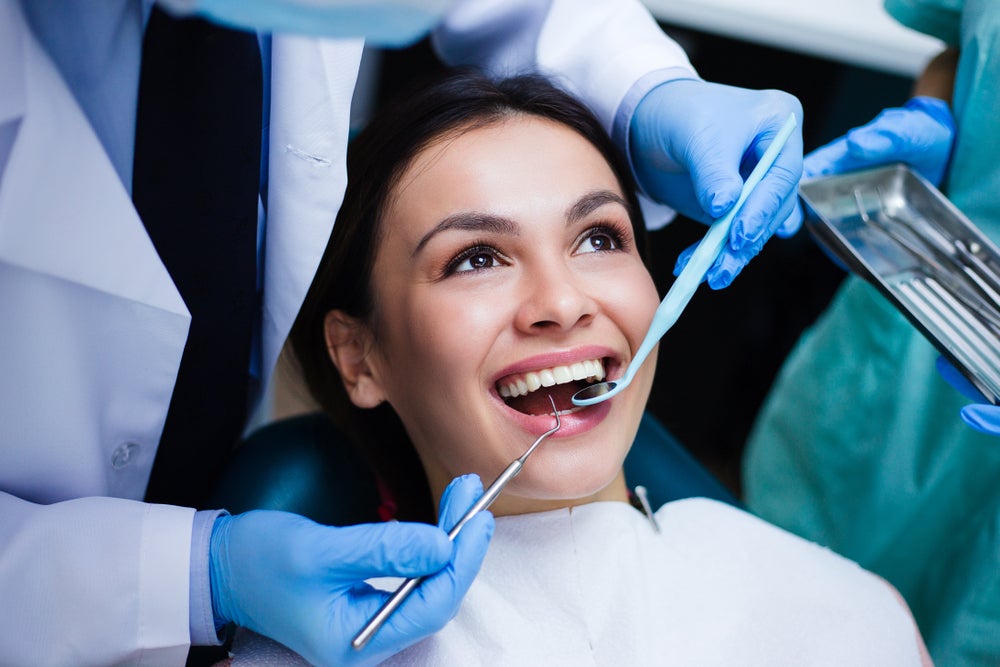
Probiotics and Dentistry: Key Facts and Findings
Spurred by discoveries about the significance of the body’s gut microbiome, research is ongoing into the benefits of probiotics for oral health. Literature suggests that there are more than 700 prevalent strains of bacteria common in the oral cavity [1], adhering to both hard and soft tissue.

The oral microbiome co-exists with its host and the surroundings in a dynamic balance. However, this symbiotic relationship can be disturbed by a variety of factors. Such a disturbance can result in the growth of pathogenic bacteria, causing oral conditions and diseases. While conventional treatment of these diseases usually focuses on (mechanical) removal of the pathogenic bacteria, several probiotic strains have been identified as catalysts for anti-microbial and anti-inflammatory relief. Among them, specifically, is Limosilactobacillus reuteri (previously known as Lactobacillus reuteri), one of the most researched and documented probiotic available.
The unexplored oral microbiome
Research about the oral microbiome and probiotics like Limosilactobacillus reuteri has yielded promising insight into the way good bacteria can balance malicious strains, particularly when combined with proper oral care rituals. According to findings from a review conducted in 2017, titled Use of Probiotics and Oral Health [2]:
Some bacteria like Porphyromonas gingivalis, Tannerella forsythia, and Treponema denticola are highly prevalent in periodontitis, while others, like Limosilactobacillus reuteri and Bifidobacterium have been found to support improvements in periodontal health.
Combined with a good oral care routine, there’s evidence probiotics could be a missing pillar of oral management. When used in conjunction with traditional periodontal procedures such as scaling and root planing, probiotics may result in additional pocket depth reduction. As researchers explore the diversity of the oral microbiome (read our blog post), we’re also continuing to learn more about the role probiotics can play in prevention and treatment of oral diseases. Let’s have a more detailed look at the evidence for Limosilactobacillus reuteri in relation to periodontal therapy.
Limosilactobacillus reuteri and management of periodontal disease
Several randomized, double-blind, placebo controlled clinical trials have been performed to assess the effect of Limosilactobacillus reuteri lozenges as an adjunct to conventional periodontal treatment (scaling and root planing), compared to scaling and root planing alone. Findings of four of those studies were combined in a 2016 systematic review [3], and three studies could also be included in a meta-analysis. As primary outcome parameters, the researchers where mainly interested in clinical attachment level (CAL) gain and probing pocket depth (PPD) reduction.
Interestingly, the group receiving the probiotic lozenges showed a significant increase in CAL, as well as a reduction in bleeding on probing (BOP). When looking at PPD reduction, significant improvements were found, particularly in moderate and deep pockets. The study concludes: “Within the limitations of this study, the findings of this meta-analysis seem to support the adjunctive use of Limosilactobacillus reuteri to SRP in CP treatment at short-term, especially in deep pockets.”

Interestingly, an extensive systematic review [4] on the adjunctive use of host modulators was recently published as part of the clinical practice guidelines for treatment of periodontal diseases by the European Federation of Periodontology (EFP). In this article, the authors concluded they were unable to find a clear benefit of probiotics in adjunct to conventional periodontal therapy in terms of PPD reduction and CAL gains. However, this conclusion was based on analyses that included several different strains of probiotics, also including Lactobacillus rhamnosus SP1, Streptococcus oralis KJ3, Streptococcus uberis KJ2, and Streptococcus rattus JH145. When specifically focusing on Limosilactobacillus reuteri however, beneficial effects where found.
Since probiotics encompass many different micro-organisms, specific species and strains, and even different type of preparations, conclusions about the effectiveness of probiotics in the broadest sense as adjunct to subgingival instrumentation need to be viewed with some caution.
Understanding how probiotics contribute to oral wellness
While previous studies sought to engage the effectiveness of probiotics in treating periodontal conditions, more recent findings have explored exactly how they do this. Again, our growing understanding of the gut microbiome (read our blog post) has paved the way for important insights into the behavior and balance of the oral microbiome.
A systemic review of findings from 15 scientific studies over the last decade [5] concludes that, while the data we currently have on probiotics is valid and important, we are still in the early stages of validating probiotics. According to the review, the next step in proving the efficacy of these claims is randomized clinical trials with long-term follow-up periods. Long-term evidence of probiotics’ ability to reduce the prevalence or severity of periodontitis and similar conditions would allow researchers to pinpoint exactly which strains of probiotic bacteria are most effective and their individual effect on the oral microbiome.
The potential of probiotics as both a standalone treatment for periodontitis and other chronic conditions is significant and could pave the way for oral biotherapy in the very near future. Drawing from proven bacteriotherapy practices for treating gut and gastrointestinal conditions, oral biotherapy could well become a mode of periodontal treatment as we begin to better understand probiotic effects.
A peer-reviewed paper published in 2017, Probiotics: A New Era of Biotherapy [2], posits that probiotics - led by Limosilactobacillus reuteri - cultured outside the body and introduced as part of oral biotherapy may produce necessary antibodies and immunoglobulins to aid in the recovery of periodontal conditions and a return to homeostasis for the oral microbiome.
A growing interest in oral microbiology
The beneficial properties of probiotics are widely understood. As research continues to map the oral microbiome and probe its role in the development and management of oral health conditions, research is ongoing into opportunities to leverage oral probiotics into both preventive oral care rituals and treatments for chronic conditions. Whether used alone or in conjunction with classic periodontal treatments, probiotics are very likely to become a staple in oral care in the coming years.
The parallels between the oral microbiome and the gut microbiome signal the efficacy of probiotics in an exciting range of applications. And while the science is ongoing, the early results are as promising as the prospects. To learn more, contact us.




